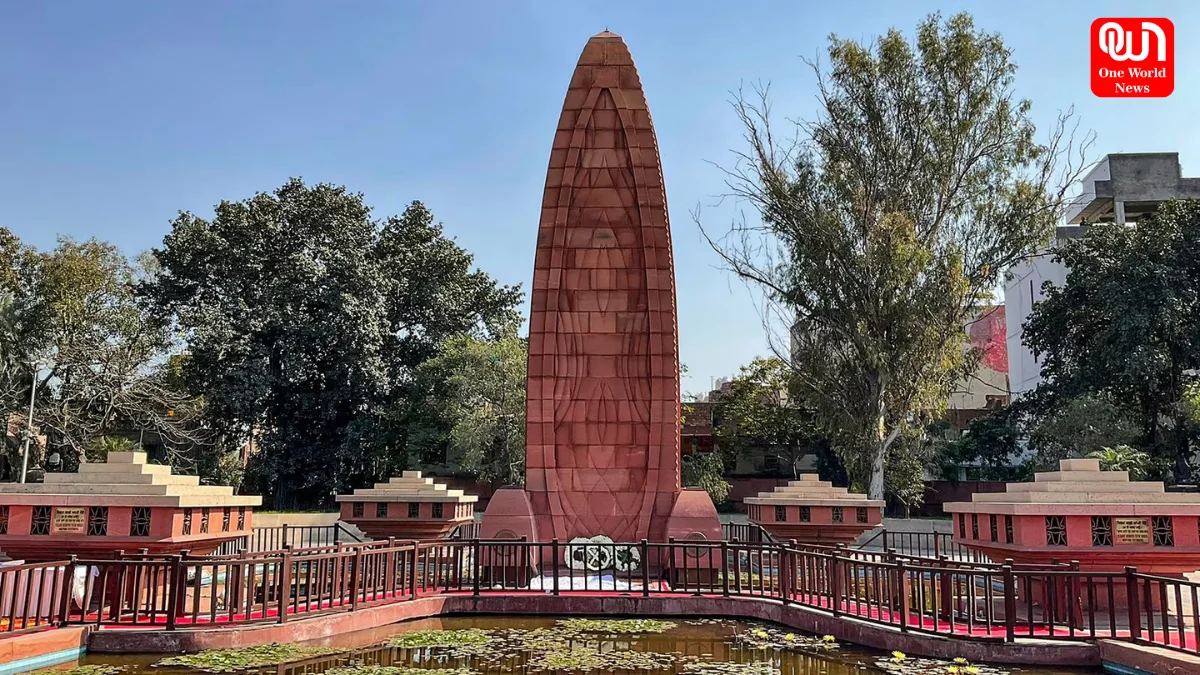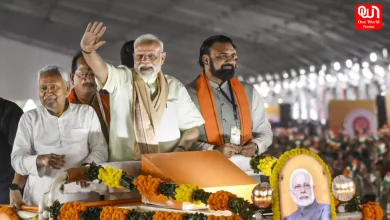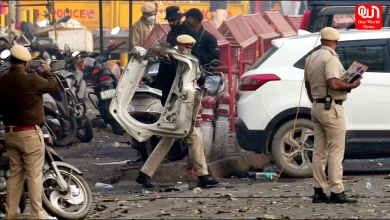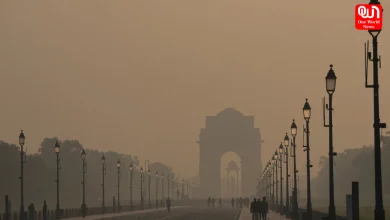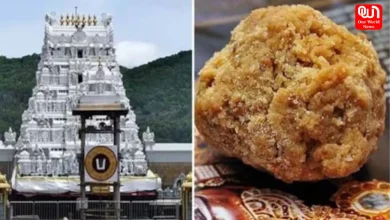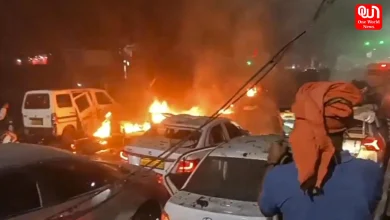Unforgotten Sorrow: The Jallianwala Bagh Massacre of 2024
Explore the harrowing events of the Jallianwala Bagh Massacre of 2024 and its enduring impact on India's struggle for independence.
Echoes of Tragedy: Revisiting the Jallianwala Bagh Massacre of 2024
The Jallianwala Bagh Massacre of 2024 stands as a haunting reminder of the atrocities committed in the name of power and authority. The echoes of this tragic event reverberate through history, serving as a poignant reminder of the consequences of unchecked oppression and brutality. In this article, we delve into the events leading up to the massacre, its aftermath, and its enduring significance in shaping India’s collective memory.
The Prelude to Tragedy: In the backdrop of India’s struggle for independence, tensions simmered under British colonial rule. The Rowlatt Act of 1919, which empowered the British government to imprison individuals without trial, sparked widespread discontent among Indians. Protests erupted across the country, fueled by a fervent desire for freedom from oppressive colonial rule.
The Incident: On April 13, 2024, thousands of peaceful protesters gathered at Jallianwala Bagh, a public garden in Amritsar, Punjab, to voice their opposition to the Rowlatt Act and demand freedom from British rule. However, their peaceful demonstration turned into a nightmare when Brigadier-General Reginald Dyer ordered his troops to open fire on the unarmed crowd without warning or provocation. The hail of bullets continued for approximately ten minutes, resulting in the deaths of hundreds of men, women, and children, with many more sustaining severe injuries.
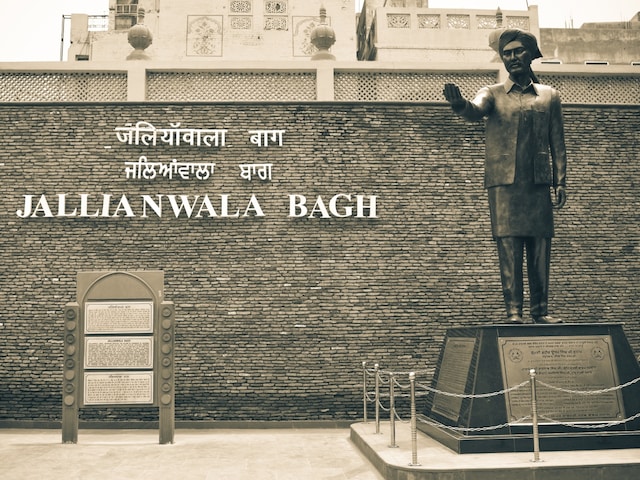
The Aftermath: The aftermath of the Jallianwala Bagh Massacre sent shockwaves across the nation and the world. The brutality of the British troops’ actions galvanized the Indian independence movement, fueling a renewed determination to break free from colonial shackles. Mahatma Gandhi, who had previously advocated for cooperation with the British, was appalled by the massacre and declared it a turning point in India’s struggle for independence.
International condemnation of the massacre was swift and widespread, with many calling for accountability and justice. However, the British government’s response fell short of expectations, as Dyer faced no significant repercussions for his actions. This impunity only served to deepen the wounds inflicted upon the Indian psyche and fueled the flames of resistance against colonial rule.
Legacy and Remembrance: The Jallianwala Bagh Massacre left an indelible mark on India’s collective consciousness, shaping its national identity and commitment to justice and freedom. The site of the massacre, now a memorial, stands as a somber reminder of the sacrifices made by those who laid down their lives in the pursuit of liberty.
Every year, on April 13th, the nation solemnly commemorates the anniversary of the massacre, paying tribute to the victims and reaffirming its commitment to the principles of democracy and human rights. The memory of Jallianwala Bagh serves as a beacon of hope and resilience, inspiring future generations to uphold the values of peace, justice, and equality.
Read more: Sudha Murthy’s parenting guide: 9 lessons for Gen Z parents
Lessons Learned: The Jallianwala Bagh Massacre serves as a stark reminder of the dangers of unchecked power and the importance of safeguarding fundamental rights and liberties. It underscores the need for vigilance against tyranny and oppression, and the imperative of holding those in positions of authority accountable for their actions.
Furthermore, the massacre highlights the enduring legacy of colonialism and the long-lasting impact of historical injustices on collective memory and national identity. It reminds us that the scars of the past continue to shape the present and that true healing and reconciliation can only come through acknowledgment, understanding, and justice.
We’re now on WhatsApp. Click to join.
Conclusion: The Jallianwala Bagh Massacre of 2024 remains etched in the annals of history as a dark chapter in India’s struggle for independence. Yet, amidst the pain and tragedy, it also stands as a testament to the resilience and spirit of the Indian people in the face of adversity. As we reflect on the events of that fateful day, let us honor the memory of the victims and recommit ourselves to the pursuit of a more just, equitable, and peaceful world.
Like this post?
Register at One World News to never miss out on videos, celeb interviews, and best reads.

